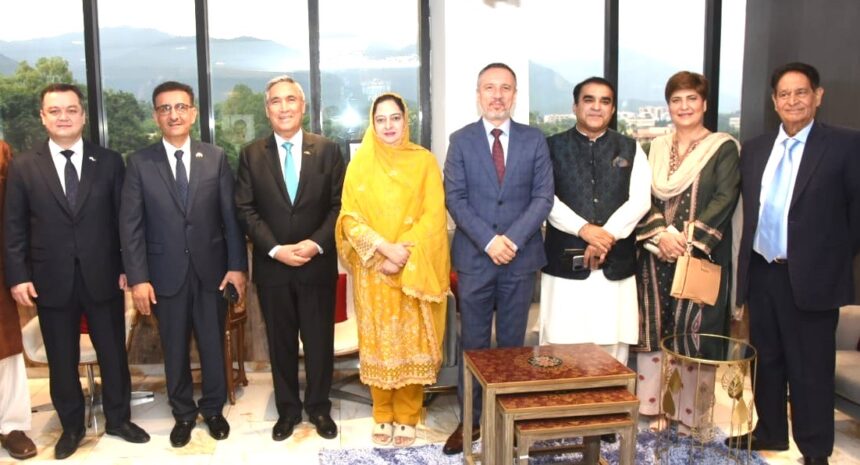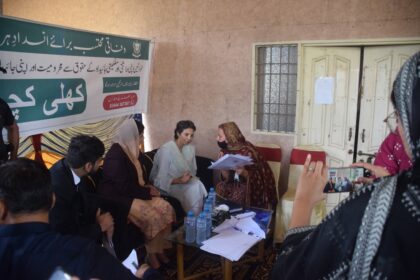Experts at an international conference in Islamabad have highlighted the urgent need to accelerate projects that will enhance connectivity between Pakistan and Central Asia, covering areas such as transport, energy, and digital banking. The consensus was that faster progress on such initiatives will bring significant economic and strategic benefits for both regions.
The roundtable discussion, organized by the Center of Pakistan and International Relations (COPAIR) and Diplomatic Journal Pakistan in the World, brought together stakeholders and diplomats including the ambassadors of Turkmenistan, Tajikistan, Uzbekistan, and Azerbaijan. Other participants included officials from Romania and Uzbekistan, representatives from various chambers of commerce, and students and media personnel from across the region.
Among the key projects discussed was the Turkmenistan–Afghanistan–Pakistan–India (TAPI) Gas Pipeline, a major 1,840-kilometer pipeline designed to boost regional energy security, provide Pakistan with steady revenues from transit fees, and create thousands of jobs. Turkmenistan’s ambassador, Atadjan Movlamov, highlighted his country’s initiatives to connect further with Pakistan, pointing to upgraded transport and transit systems under the Avaza Action Program, as well as existing railway links through Afghanistan.
Tajikistan’s ambassador, Sharifzoda Yusuf Toir, placed a strong emphasis on building people-to-people links and called for improved banking channels to facilitate cross-border trade. He highlighted the CASA-1000 electricity project, which will connect Tajikistan, Kyrgyzstan, Afghanistan, and Pakistan, describing its timely completion as vital for all parties involved.
Uzbekistan’s ambassador, Alisher Tukhtaev, shared ongoing developments on the Trans-Afghan Railway project, with feasibility studies jointly funded by Uzbekistan and Pakistan. The planned railway will connect Termez in Uzbekistan to Kharlachi via several Afghan cities and is expected to open new opportunities for economic activity, trade, and education.
Azerbaijan’s ambassador, Khazar Farhadov, participating via video, underscored the importance of private sector engagement in realizing the full potential of regional transport, transit, and digitization initiatives. He outlined the success of the Baku-Tbilisi corridor in increasing trade volumes from Central Asian Republics and indicated that joint investment models already practiced with regional partners could be extended to include Pakistan.
The conference concluded with a shared commitment to developing transport and logistics corridors, expanding trade and economic partnerships, and deepening cooperation in the energy sector as foundational strategies for sustainable growth in Central and South Asia. Participants expressed determination to overcome obstacles and maintain the momentum toward integrating the two regions for mutual prosperity.











